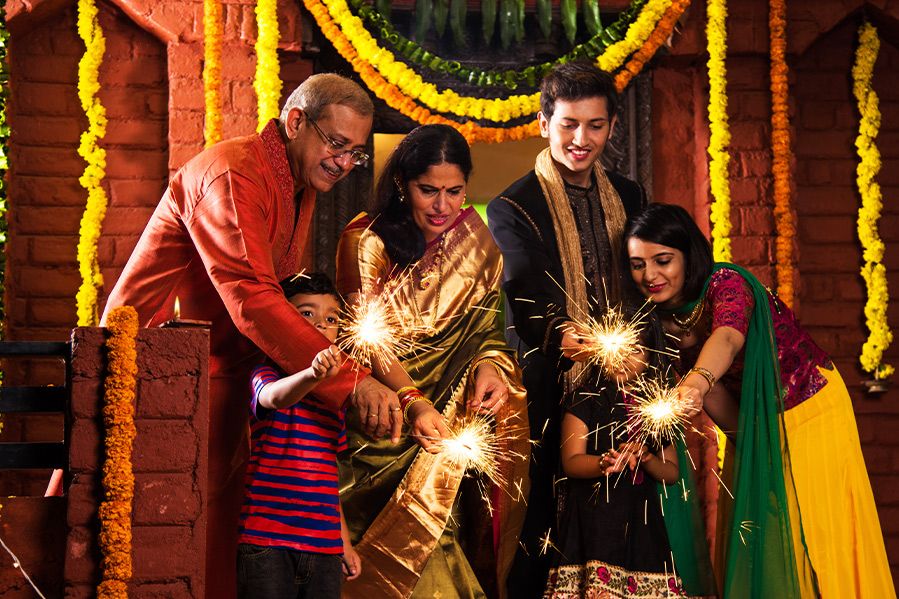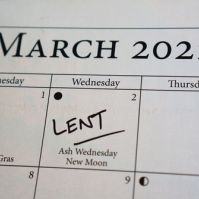
When you think of fall, you may think of cooler temperatures, falling leaves, and the upcoming holiday season. It's often a time of celebrating and family get-togethers. There are many fall celebrations and traditions around the world. While some are simply a way to welcome in fall, others are centuries-old traditions and rituals performed for good luck or to honor ones who have since passed.
Fall Celebrations
Many autumn celebrations include food, dancing, and fireworks. In addition, certain cultures use these festivals to honor their gods, ask for favor, and remember the departed. Here are some you may not have heard of before, or which you may not know much about.
Chuseok
This Korean holiday is a three-day festival celebrating the full moon of mid-fall. Many people travel across the country to celebrate with their families. In addition, there is feasting, which includes special rice cakes called songpyeon. These cakes are in the shape of a half-moon and are comprised of various sweet fillings. The superstitious believe that those who create a perfectly shaped songpyeon will have a beautiful child.
Over time, this holiday has become much more casual. Some consider it a "Korean Thanksgiving," as family members often travel to be together, enjoy food, and play games.
Oktoberfest
This festival originated in Germany, but the Oktoberfest fall celebrations have spread to other countries, such as the United States. In Germany, millions of people gather to drink large amounts of Oktoberfest beer, feast on traditional foods, enjoy amusement park rides, play games, and listen to live music. This event originates from the wedding celebrations of King Louis I in 1810.
Diwali
Diwali, otherwise known as the Festival of Lights, is a five-day festival that originates within the Hindi religion. In more recent history, Jains and Sikhs have also joined in the festivities. The celebrations include taking a ritual bath every morning and lighting the path for the goddess Lakshmi with lanterns, candles, and oil lamps. Feasting is a big part of Diwali, with savory snacks and traditional foods.
Hindi, Jains, and Sikhs use this festival to celebrate light over darkness, knowledge over ignorance, and good over evil. Homes are kept immaculate during this time, as they believe that Lakshmi values cleanliness and will visit the cleanest homes first.
Guy Fawkes Night
This event originates from the year 1605 in Great Britain when residents of London first celebrated the foiled attempt to kill King James I and the parliament. It is named after one of the conspirators, Guy Fawkes, who was guarding the explosives meant to blow up the House of Lords. The British now celebrate this 400-year-old tradition with fireworks and bonfires.
El Senor de Los Milagros
El Senor de Los Milagros, which translates to "The Lord of the Miracles," is a Peruvian Catholic holiday. Its origins come from 1655 when the image of Christ survived a violent earthquake that leveled the building. Several other earthquakes have occurred over the years, but the painting remains untouched.
This holiday takes place during October, when hundreds of thousands of Peruvians dress in purple, consume purple candy and other treats, and participate in a procession.
Dia de Los Muertos
This holiday, otherwise known as "The Day of the Dead," is traditionally celebrated on November 1st and 2nd. Despite its name, it is a day of celebration and joy. Stories are told about the departed, particularly tales that are humorous. Often, altars are constructed at home with the dead's favorite food and drinks.
These are just a few of the many fall celebrations around the world. While they all have different origins and meanings, they all play an essential role in their respective cultures and offer an opportunity to spend time with friends and family.



